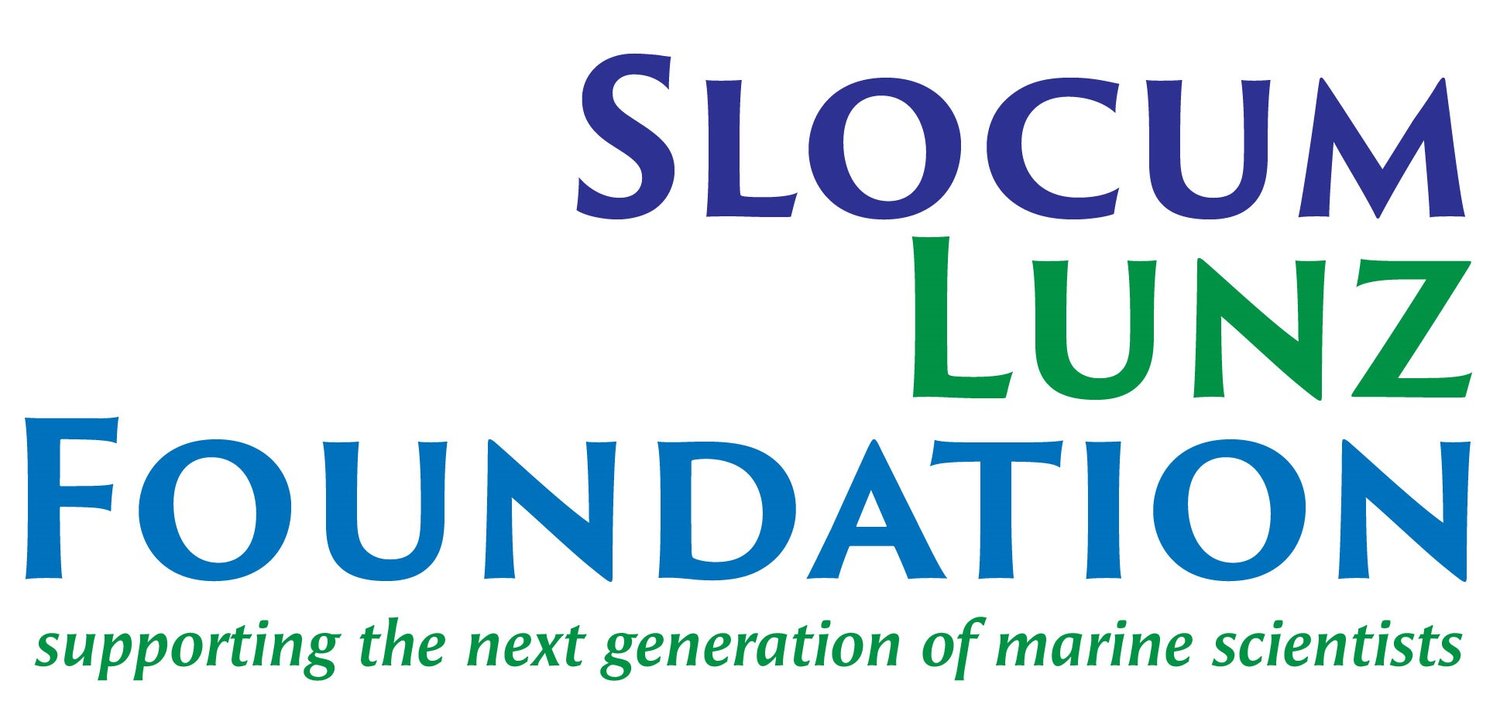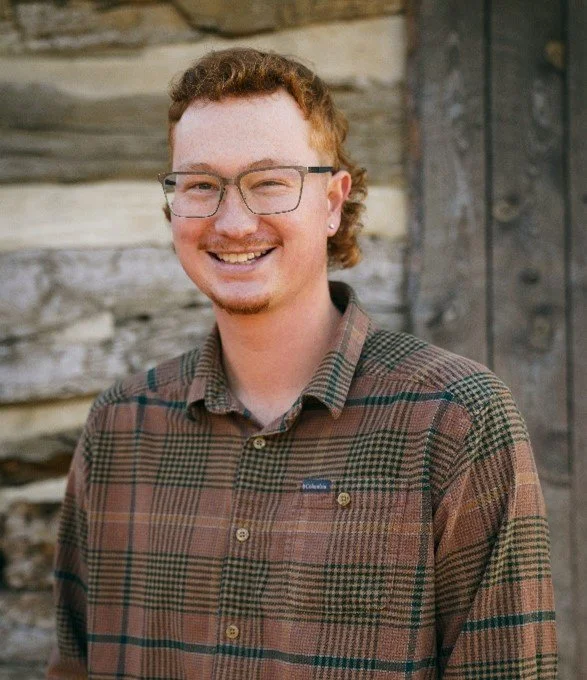
Levi McKercher
Department of Biological Sciences
University of South Carolina
Levi’s Story
Levi McKercher is a Ph.D. Candidate in the Department of Biological Sciences at the University of South Carolina. Levi currently resides in Georgetown, South Carolina where he serves as a Graduate Research and Instructional Assistant at the Belle W. Baruch Marine Field Laboratory. Originally from Brandon, South Dakota, Levi traveled to South Carolina to enjoy and examine nearshore marine ecosystems. Prior to his arrival in 2021, Levi completed dual BS degrees in Water Science and Environmental Restoration Science (2019) and a MS degree in Natural Resource Sciences (2021) at the University of Nebraska-Lincoln. During his MS, Levi designed and evaluated a combined biological and chemical approach for removing nutrients from eutrophic stormwater retention ponds. This novel remediation strategy paired floating treatment wetlands alongside slow-release lanthanum composites to sequester nitrogen and phosphorus, the two main nutrients known to control nuisance algae growth. It was through this experience that Levi found his passion for environmental restoration, remediation, and teaching. In his free time, Levi enjoys camping, boating, hiking, and running. He is thankful and humbled to be selected as a Slocum-Lunz Foundation grant recipient.
Levi’s Research
Managing stormwater quantity and quality in urban areas is a significant challenge, especially in areas characterized by extensive human activity. Various best management practices (BMPs) are used to prevent flooding and protect water quality, and in coastal South Carolina, the most popular BMP is the use of stormwater retention ponds. These ponds receive, treat, and then slowly discharge stormwater to a nearby receiving water body. In urban areas devoid of pre-existing natural habitats, stormwater ponds may present synthetic habitats for a variety of aquatic, semi-aquatic, and terrestrial organisms, although they are not typically designed for this purpose. It is common for stormwater ponds to accumulate sediment-associated contaminants such as trace metals, polyaromatic hydrocarbons, microplastics, and others, which may threaten those organisms which colonize ponds.
The overarching goal of Levi’s dissertation research is to characterize the community composition of brackish stormwater ponds constructed in coastal South Carolina across multiple trophic levels, considering the quality of these habitats for a variety of taxa. He also aims to evaluate the ability of floating treatment wetlands applied to stormwater ponds to provide additional habitat. To accomplish these goals, Levi is using various methods to collect phytoplankton, zooplankton, insects, mollusks, crustaceans, fishes, and birds within and around stormwater ponds and retrofitted floating treatment wetlands. Ultimately, he will be creating a comprehensive ecological model to infer which abiotic and biotic factors determine the presence or absence of those taxa listed above in stormwater ponds. His research is funded by South Carolina Sea Grant Consortium, USGS, South Carolina Water Resources Center, and now, the Slocum-Lunz Foundation.
Publications and Presentations associated with Slocum-Lunz Foundation funds:
McKercher, L., Escamilla, C., White, S., Scaroni, A., & Strosnider, W. Harvesting floating treatment wetlands: when, why, and how? 6th Annual EcoSummit. Gold Coast, QLD, AUS. 17 June 2023.
Strosnider, W. & McKercher, L. Fully biodegradable floating treatment wetlands: a logical evolution. 6th Annual EcoSummit. Gold Coast, QLD, AUS. 17 June 2023.
McKercher, L., Escamilla, C., Kimball, M., Stone, J., White, S., Scaroni, A., Strosnider, W. Fish Community Assessment Within Brackish Stormwater Ponds. South Carolina Water Resources Conference. Columbia, SC, USA. 19 October 2022.
McKercher, L. & Escamilla, C., Exploring potential ecosystem services provided by floating treatment wetlands applied in brackish stormwater ponds. SC Water Chats: Stormwater Control Measures, SC Sea Grant Consortium. Virtual. 25 August 2022.



